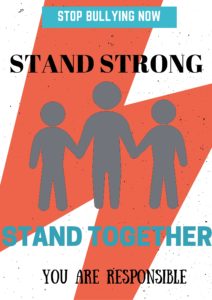In “Black Ladies, Welfare Queens, and State Minstrels: Ideological War by Narrative Means” by Wahneema Lubiano, the author talks about the idea of “what we see is what we get”, therefore many people tend to believe falsely represented ideas. Lubiano does not try to dispute this idea – instead she argues that we need to change the way we choose to represent the things we are choosing to expose. I find this topic rather interesting – especially when it comes to the idea of the “welfare queen”. Working in a grocery store, I see food stamps being used for many things that they should obviously not be used for. You see this everywhere, and Lubiano agrees. On the news, magazines, and on the internet you see people constantly critiquing the use of food stamps, saying that they don’t help anyone and people just use these to get free food because they don’t want to pay for it. However, coming from a very poor home where food stamps were what kept my family alive, I also see the other side. Welfare has kept my family alive through this year.
When I found this article criticizing Governor Chris Christie and her belief that many Americans rely too heavily on welfare and she wishes there was none, I thought back to Lubiano’s article and the idea that people tend to believe what they get. Why are people still making assumptions when they don’t really know the story? Why are people saying poor things about welfare, when they themselves have no idea what it’s like to be poor? It’s all about the representation. Lubiano says that it’s all about representation. How people are seeing these things are what they are going to believe. When people only see welfare being used for selfish things to lazy people, it is quite easy to assume that it isn’t helping anyone after all . A lot of people find the idea of welfare ridiculous. But these people don’t see the other side – the poor families who absolutely need it. The single mom who works 7 days a week and can barely afford rent. The family where the father was laid off due to the economy and is unable to find a job. The family with a disabled mother who is completely unable to work. These people need welfare – not as a permanent solution, but as a temporary one. Sometimes people just need help.


Recent Comments